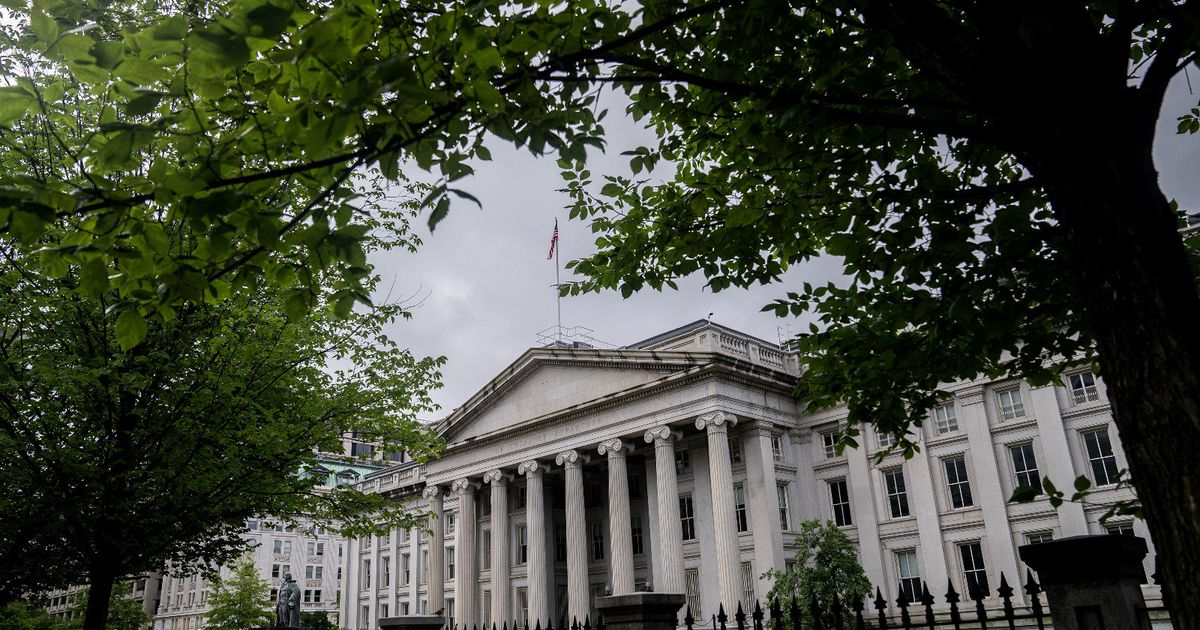Foreign investors from the US Treasury bonds increased during July to reach a new record, with the support of increasing interest in the United Kingdom and France, which has greatly compensated for the registered decline in China. The US Treasury data released on Thursday showed that the total foreign prejudice of Treasury bonds in July amounted to 9.16 trillion dollars, an increase of $ 31.9 billion from June. The interests are influenced by the net sales or purchase operations, together with evaluation changes. The Bloomberg of the US Treasury effects fell in July after the peak in the previous month. See also: Inflation limits the profits of US treasury bonds, and transaction data showed that private and official sectors in July were two net buyers of bonds and securities. Private sector traders were Treasury accounters, while official buyers continued to acquire them. Several bonds between countries have varied, China’s possession of treasury bonds, the third largest foreign owner, dropped by $ 25.7 billion to $ 730.7 billion during July, which is the lowest level since 2008. Belgium’s possessions, which include Chinese tutorials accounts according to market analysts, dropped $ 5.2 billion to $ 428.2 billion. On the other hand, Japan, the largest foreign owner of the Treasury bonds, has witnessed an increase of $ 3.8 billion, to its belongings to $ 1.15 trillion. The British possessions, the second largest owner, jumped by $ 41.3 billion to $ 899.3 billion and recorded a new record. Also read: Britain exceeds China and becomes the second largest container of US treasury effects. As far as Canada is concerned, its US bonds owned $ 57.1 billion to settle at $ 381.4 billion, which is the lowest level since April. The effects of commercial policy The foreign prejudice of the US Treasury bonds have brought increasing attention in the light of concerns about external demand, after US President Donald Trump raised customs duties about importing the rest of the world. Investment funds and foreign governments make up more than 30% of total US bonds. At the same time, some private sector indicators pointed out that the appetite of investors has decreased.
Foreigners’ possessions of US Treasury bonds record a record level
